On the occasion of the 100th anniversary of Vietnam Revolutionary Press, he had an interesting conversation with the reporter of ANTG Mid-Month - End of Month.
The journalist's pen is the weapon of society.
- Congratulations on the release of your 11th book in your journalism career, a massive book that deals with current issues. Sir, what prompted you to release “Truth, Justice and the Pen” at this time?
+ I am 70 years old this year, with 45 years of working in journalism, experiencing most of the jobs and positions in journalism. All my life I have only done one job, which is journalism, a job that I did not choose but was given to me by fate and life. Up to now, I feel very lucky to have been a journalist my whole life. During those 45 years, going through many positions and journalism jobs, in each position, I have had my own feelings and experiences, and now after a long journey looking back, there are things I have distilled, contemplated, and concluded that I want to share with my colleagues and those interested in journalism. In particular, this is a special occasion, celebrating the 100th anniversary of the Vietnam Revolutionary Press - a golden milestone in the history of Vietnamese journalism.
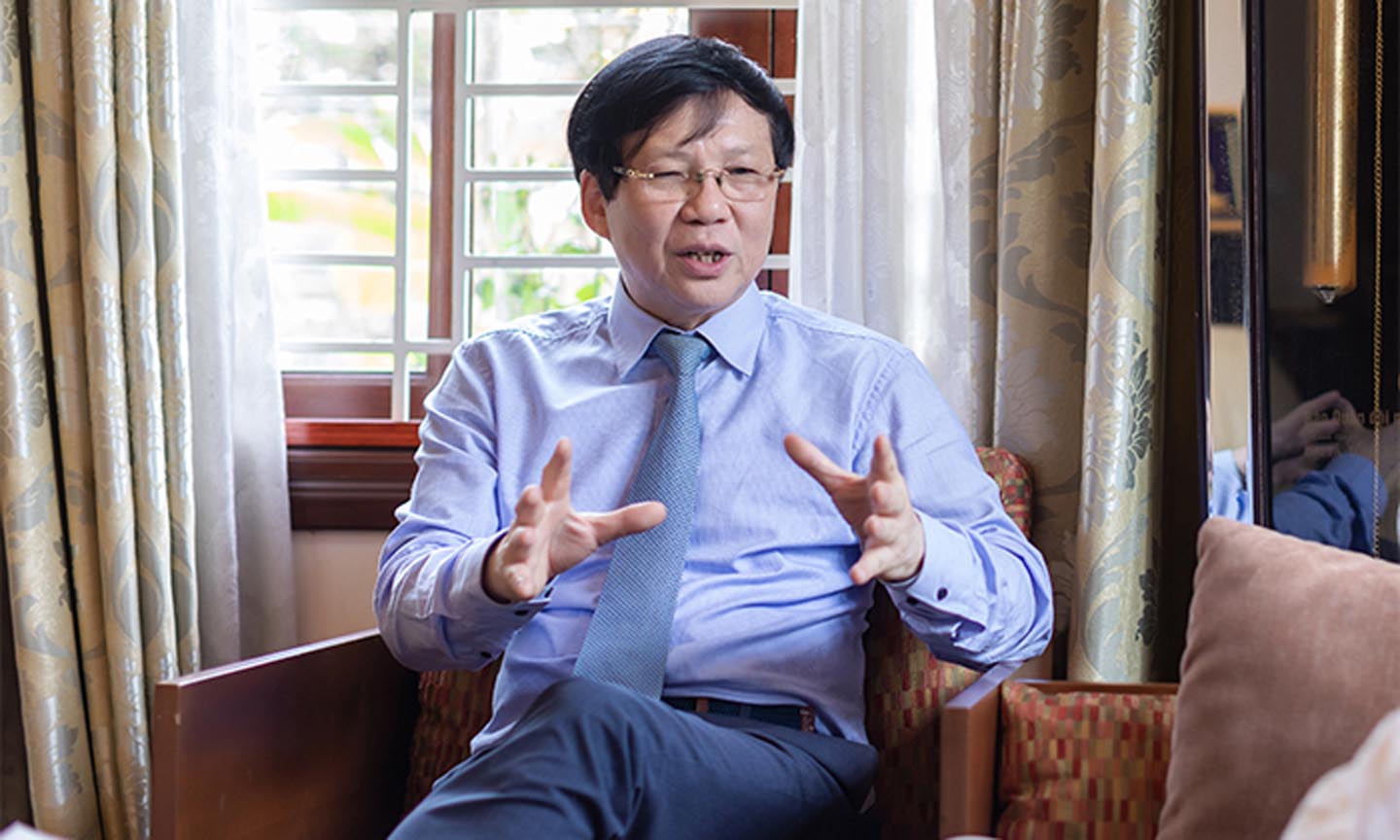 |
| b |
- “Truth, reason and the pen” - a very attractive and timely name, is that also the journalism philosophy that you have pursued in your journey of more than 45 years in journalism?
+ What is the purpose of journalism? I always keep in mind that journalism is first and foremost to clarify the truth. But, to clarify the truth, where does journalism seek the truth? When it finds the truth, is it the truth? I think it is not necessarily the truth because there are things that look like the truth that deceive us, so sometimes, journalists cannot protect what needs to be protected, do not fight what needs to be fought. Therefore, truth and truth do not always completely coincide. Half the truth is not the whole truth. To protect the truth, we must find the true nature of the truth. Those who do that are journalists.
But, can all journalists do that? That depends on the journalist’s pen. Who holds the pen, is the pen holder ethical, is the pen holder proficient in the profession? Does the journalist have social responsibility? Their pen determines that. “The pen can stab a few evil people without being evil”, “using the pen as a lever to change the regime”. At that time, the pen has become a pen. The pen in the hands of a journalist has become a weapon of society. That is how I think about our profession.
- To maintain that philosophy in your 45-year journalism career, what challenges and difficulties have you had to face? And how have you overcome the pressures of journalism?
+ It is impossible to tell all the difficulties and ups and downs on my 45-year journey as a journalist. There are difficulties and challenges that are quiet and sometimes only known to me. But, perhaps, the greatest pressure is when I have to face complex, sensitive, and important issues that I have to speak up about. For example, the collapse of the socialist regime in the Soviet Union and Eastern Europe - a " political earthquake" that had a negative, multi-dimensional impact on Vietnamese society. As a journalist, how would I comment on that event? This was a huge challenge. I wrote, not just one, but dozens of articles about that "political earthquake". It was a mental pain, a huge ideological upheaval. Each article was a challenge and I tried to overcome it. Until now, reading those articles, I do not feel ashamed. It contributed to orienting society at a complicated time.
Then, many major world events such as the two Gulf Wars in 1991 and 2003; the world financial and economic crisis in 1997-1998; the war in Yugoslavia in 1999; the September 11, 2001 event in the US; the Afghanistan war in 2001; Vietnam's foreign affairs issues such as the difficult process of lifting the embargo, normalizing relations with the US, issues of democracy, human rights, religion, boat people... Looking back now, I am not ashamed that I thought wrongly, wrote wrongly.
- It is no coincidence that in this precious book, the article you chose to put in the number one position is “A century of fighting for the country and the people” with the fulcrum being the story of Uncle Ho - the founder of the Vietnamese Revolutionary Journalism. This is very meaningful on the occasion of the 100th anniversary. Could you share more with readers about this?
+ On June 21, 1925, Uncle Ho gave birth to Thanh Nien newspaper - the flame of enlightenment and paving the way. This shows that Uncle Ho determined that the press had a particularly important position in the revolutionary cause of our country and people. The press was the first and most important weapon at that time. Thanh Nien newspaper was born in 1925 and 5 years later the Party was born. The press has a particularly important role in the cause of fighting, building, protecting the country and in today's digital age.
Uncle Ho was a great leader and a great journalist. He started working in journalism in 1922 with the newspaper Le Paria. Many of his students who later became leading leaders were journalists, learning from Uncle Ho the spirit of using the press as a special weapon. In the early years of Doi Moi, General Secretary Nguyen Van Linh used the press effectively with a series of articles "Things to do immediately" published in the newspapers Nhan Dan and Quan Doi Nhan Dan.
Building a creative journalism, solution journalism, analytical journalism
- There is a very big problem facing the Vietnamese press today, which is the transformation of the press in the modern context. Journalist Ho Quang Loi, with more than 45 years of experience in the profession, how do you view the fundamental changes in the Vietnamese press in the past 10 years?
+ Social networks and artificial intelligence are creating great opportunities for journalism with their superior utilities. However, at the same time, they also cause challenges, leading to inappropriate views on journalism, thinking that social networks can replace journalism in providing information to society. That is a very wrong perception. Many people confuse media and journalism. It must be affirmed that nothing can replace the role of journalism. Anyone can do media, every citizen or business can do it. However, journalism is different, because journalists, with their political will, professional expertise and ethics, can answer the questions raised by social networks.
- The development of social networks and digital technology is changing information reception habits. How do you think the mainstream press needs to adapt to maintain its role in guiding and leading public opinion?
+ In my opinion, there are two issues: the content must be good and reliable. However, good content does not solve the problem, we must have good technology. Content and technology cannot be separated. That way, we can still promote the core values of journalism in the digital age while still using the advancement and superiority of technology. Content is the “king” and technology is the “queen”, they must be intertwined.
- In the face of a wave of multi-dimensional, even chaotic, information, what do you think is the core criterion for a press agency to maintain its reputation with the public?
+ There was a time, and it is still the case, when many news organizations were pushed too hard to be number one in reporting news. But in this digital age, reporting news quickly is no longer the most decisive issue. Credibility and persuasiveness are the way of life for journalism. This is the time that requires us to build a creative journalism, solution journalism, analytical journalism.
- How do you view the relationship between journalism, social media and truth? Can journalism be submerged in the "waterfall" of technology?
+ Social media is a huge and messy sea of information, good and bad, even toxic. The problem is that journalists must have “green eyes”, be discerning enough to know what is real and what is fake. The messiness of social media is an opportunity for the press to assert its role.
I would like to reiterate that the core values of journalism are impartiality, objectivity, and the protection of truth and reason. Journalists must immerse themselves in reality, use their pens to fight and find the truth. But is fighting enough? Journalism needs humanity. A journalism without humanity is a failed journalism. That is why my book has a whole chapter on “the light of humanity”.
- Your answer reminds me of the question, you once affirmed that: "The end of journalism is culture". And, it is the humanistic pen that creates the cultural beauty of journalism. In your opinion, how close is the relationship between culture and journalism?
+ I believe that the end of journalism is culture and the end of culture is people, so humane journalism is needed. Journalism is a cultural product, responsible for transmitting cultural values to society. Journalists themselves do both journalism and culture. Building culture is building people. Because behind each article is the fate and destiny of each person, family, and community. No one should be pushed to the brink of despair.
- The economics of journalism is now becoming a problem, when pressure is mounting on newsrooms, editors-in-chief, and even reporters. What do you think about the humanity of journalism in the economics of journalism?
+ We cannot separate journalism ethics from journalism economics, because journalism economics is related to the issue of financial autonomy and “bread and butter” of press agencies. We must establish a comprehensive policy to build journalism economics, in which there is the responsibility of policy makers and operators, the responsibility of the governing body and of course the responsibility of the press agency. Many press agencies are still struggling to make a living. If they are overly pressured by “bread and butter”, the pen will hardly be upright and the character of a journalist will hardly be decent. However, we cannot use the difficult life to justify ethical violations in journalism activities. If a writer makes mistakes and the pen is bent, it will be extremely dangerous. Journalism does not allow that.
- In your opinion, what policies should the State have to prioritize journalism - a profession that you emphasize is a "special profession"?
+ I think, first of all, press agencies assigned to carry out political tasks must be guaranteed the necessary funding to operate. Second, there must be a solid and appropriate legal corridor for press agencies to autonomously seek legal sources of income. Third, there must be a tax policy appropriate to specific units such as the press. It is impossible to consider the press as a business and impose high taxes. The biggest profit of the press is to bring information to society in an accurate, correct, and attractive way, contributing to strengthening national resources.
- Artificial intelligence (AI) is gradually replacing many jobs in society. Do you think that in the future, artificial intelligence will replace journalism?
+ Recently, AI has been increasingly involved in journalism. It must be said that AI is very useful, superlative, and helps journalists with many steps. However, no matter how superior it is, AI cannot replace journalists. Because AI is still a cold machine, without a heart, without a soul, and cannot understand the emotions and real needs of the human heart and soul. Journalists still have to control the entire journalism process. We are the ones who verify and evaluate whether the information is true or false. We need to warn about the "laziness disease" when someone thinks that AI does everything for us, we don't need to think, just give orders to AI to answer and we will immediately have the desired product. If we abuse it to the point that journalists deny themselves, it is a mistake.
We should not fear artificial intelligence, but we should not idolize it either. Journalists must take responsibility for their products. AI is a human product and humans need to control it. If AI controls humans, it will be the most painful and terrible technological failure of humanity.
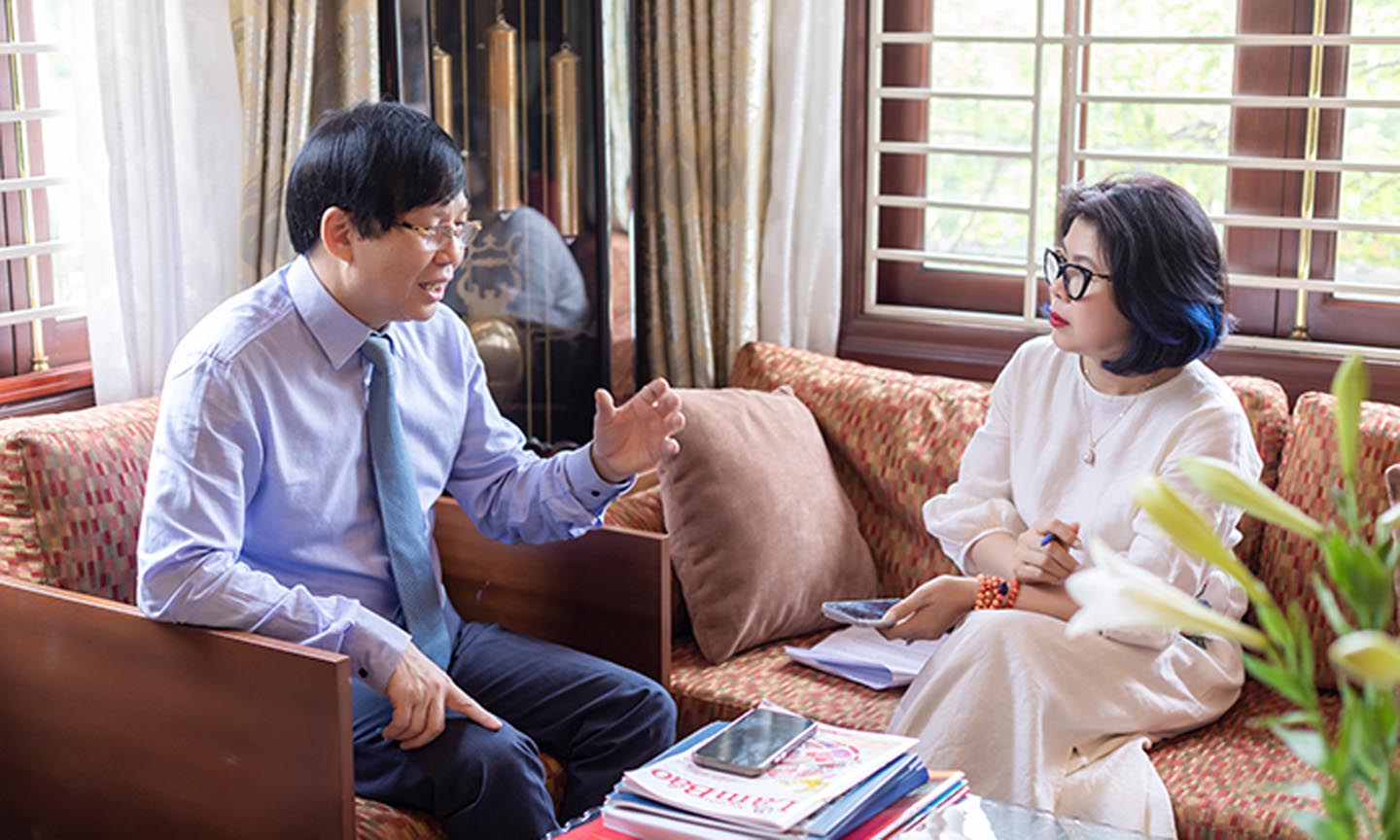 |
Journalist Ho Quang Loi talks with ANTG Special Reporter Mid-Month - End of Month. Photo: Nguyen Dinh Lam. |
- What if I said that we are justifying the only weakness of AI, which is emotion, and arguing that it cannot replace us without upgrading ourselves to keep up with the development of AI?
+ We must improve ourselves. Journalists must constantly learn. If they do not develop, they will be eliminated. In this era, humans must strive to master AI.
Don't confuse the role of journalism and media
- Right in chapter 1 of the book "Truth, reason and the pen", you went straight to the extremely important and sensitive issue of our country today. That is the revolution of streamlining the Vietnamese political system in 2025. What is your assessment of the most concerned issue today?
+ Streamlining the apparatus is not a new issue, we have been doing this for many years but have not been successful. The demands of today's life force us to enter the game with a new mindset, new energy and new determination. This requires great courage from leaders. And, that policy must be spread throughout society to become the common determination of the whole society. Only then, can today's policy of streamlining the apparatus truly become a revolution and bring new values.
About 35 years ago, when the Soviet Union and Eastern Europe were in turmoil, I wrote: “The vital and crucial issue for Vietnam today is to find an institution and mechanism that can liberate the abundant creative labor of the Vietnamese people.” I think that when we set the goal of Vietnam becoming a developed country by 2045, this requires a drastic restructuring of our entire system as a judgment from history for the present and the future.
- Do you believe that the lean process will bring success and breakthroughs? What is the basis for that belief, in your opinion?
+ I have full confidence that this lean revolution will succeed even though we have to face many difficulties. I believe in the Vietnamese spirit that we have shown throughout history and today. The Vietnamese spirit is very general but also very specific. It is the spirit of facing difficulties and being ready to overcome challenges, the spirit of overcoming oneself, seeing one's weaknesses and overcoming them, knowing how to overcome hatred with a spirit of peace to turn enemies into important partners... I say that to show our responsibility before the judgment of history, each person must try. However, every revolution will have its sorrows. On the way to that great common goal, there are still specific people, specific situations that have to suffer, even suffer, sacrifice... We must be sympathetic, so that no one is left behind.
- In this revolution of streamlining the apparatus, the press is not left out. What do you think about the policy of rearranging and planning the current press system towards streamlining, professionalism and modernization?
+ The press actually had an arrangement in 2019. Now is a much more drastic and severe time, a series of national newspapers and television channels stopped operating, something that no one imagined a few months ago. It was really shocking for journalists but reasonable because it was part of the general streamlining revolution of the State. This happened on the occasion of the 100th anniversary of the Revolutionary Press, so it caused a stir in a large number of journalists. Many people do not know where to go, their lives are uncertain. I wrote: "Right now, we need warm attention so that everyone feels proud of the years they have devoted to the journalism career instead of feeling disappointed and bitter."
- Many newspapers, especially press agencies at the industry and provincial levels, have been forced to dissolve or merge. From the perspective of a former high-level press manager, what do you think needs to be noted so that mergers do not destroy the identity of each newspaper, and do not weaken or shrink the press?
+ I want to reaffirm one issue: we must clearly distinguish between press and media. Somewhere we only talk about media and underestimate the role of press, which is completely wrong. Policy makers cannot confuse this. Do not underestimate the role of press because it is in the media era. If we merge press agencies and call it a "media center", then where is the press? This inadvertently confuses press and media. The revised Press Law needs to clearly stipulate to affirm the position of press in society and create the necessary legal corridor for press development.
Journalism in any regime seeks the truth.
- In your opinion, how should Vietnamese press adjust its development strategy in the next 10 years to be both streamlined and modern, while still maintaining the "human warmth" in each newsroom?
+ I think what needs to be done is to amend the Press Law as I mentioned above. There are several major issues that have not been resolved yet: The current press system is no longer the same as before, we need to adapt to create conditions for the press to develop in the digital age. Second, social networks and artificial intelligence are developing strongly, which is both an opportunity and a challenge, so there must be a legal corridor to manage the press and media appropriately. Third, many press agencies are facing difficulties in the press economy, so the law must have more open regulations, creating conditions for the press to be autonomous and do business to have legal sources of income. Fourth, the issue of journalistic ethics in the digital age has become a big challenge for journalists. Therefore, clearer regulations are needed for journalists to operate responsibly and with conscience, and there must be sanctions and institutions to protect the legitimate rights and interests of journalists.
- In your opinion, is the Vietnamese press doing a good job of criticizing society and promoting humanistic and enlightening values? Is there anything that needs to change?
+ If we look back to the time of the founding of the country, the press was a flag of enlightenment for the nation and that spirit has spread in the cause of protecting, building and developing the country over the past 100 years. That is the deep pride of Vietnamese journalists, we accompany the country and the people and are always in the vanguard and pioneering position. The Party and State awarding the Gold Star Medal to the Vietnam Revolutionary Press is a solemn affirmation of the press's exceptionally outstanding contributions.
What about the critical role of the press? I think that the press does not always play a good critical role. There was a long period when the press was still quite one-sided and illustrative in its propaganda. Recently, the press has strongly participated in the fight against corruption and negativity. The spirit of struggle and criticism is more clearly demonstrated. This is the fourth year that we have had the Anti-Corruption and Negativity Press Award and the annual National Press Award has a large number of articles fighting against corruption and negativity. This proves that the press is increasingly demonstrating objectivity, impartiality, protecting reason and justice, and more clearly demonstrating fighting spirit and humanity.
- As a veteran international commentator, how do you evaluate the position of Vietnamese press on the regional and world media map?
+ Vietnam does not have private press, our press is within the political system under the leadership of the Party, but still has enough freedom to protect justice and reason. Vietnamese press is integrating and joining the flow of world press. For many years now, we have had many training courses, teaching, and journalism in many rich and diverse environments. The press in any regime must seek the truth. Truth is the two most sacred words of journalism.
In recent years, borderless press cooperation has been promoted. Vietnamese press is developing and showing its strength. We are not inferior to the world in terms of technology and information quality.
- Thank you for this interesting conversation!
According to People's Public Security Electronic Newspaper
Source: https://baoapbac.vn/phong-van-doi-thoai/202506/nha-bao-ho-quang-loi-tan-cung-cua-bao-chi-la-van-hoa-tan-cung-cua-van-hoa-la-con-nguoi-1045056/


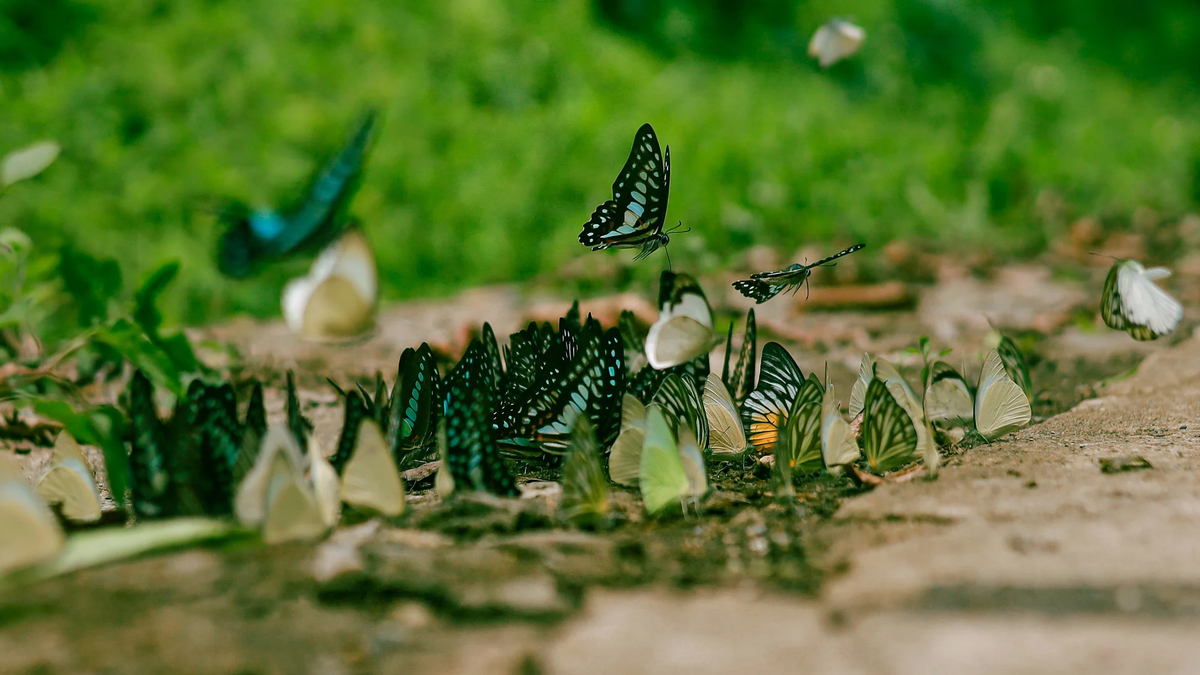
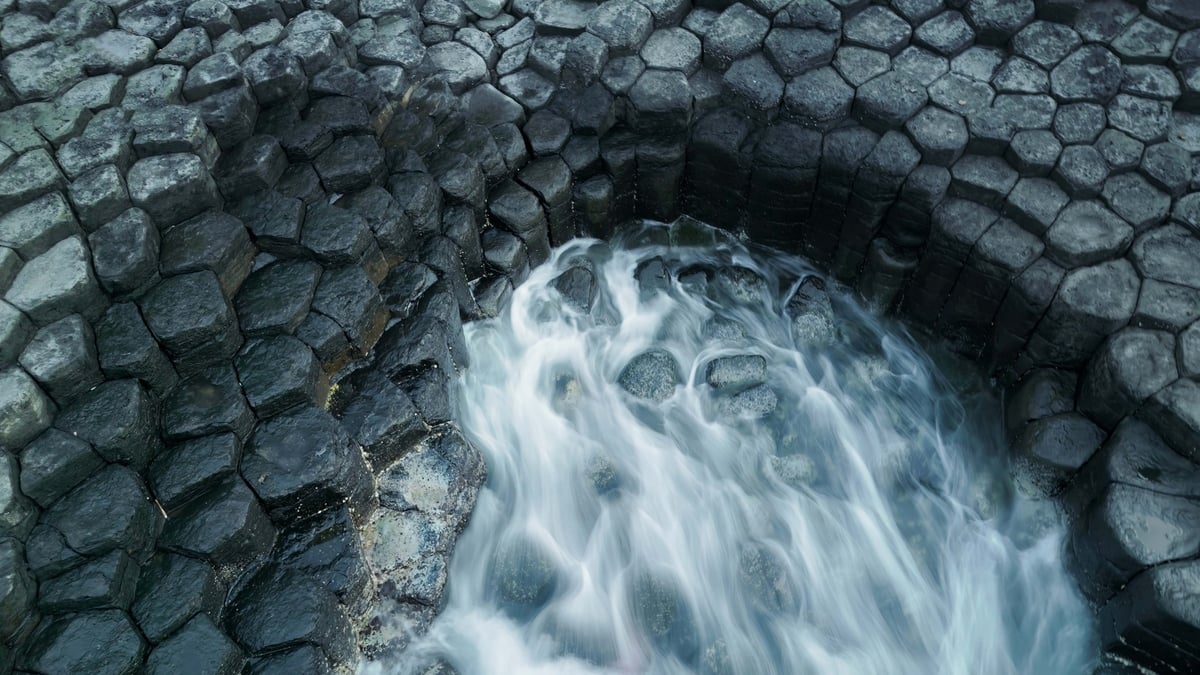

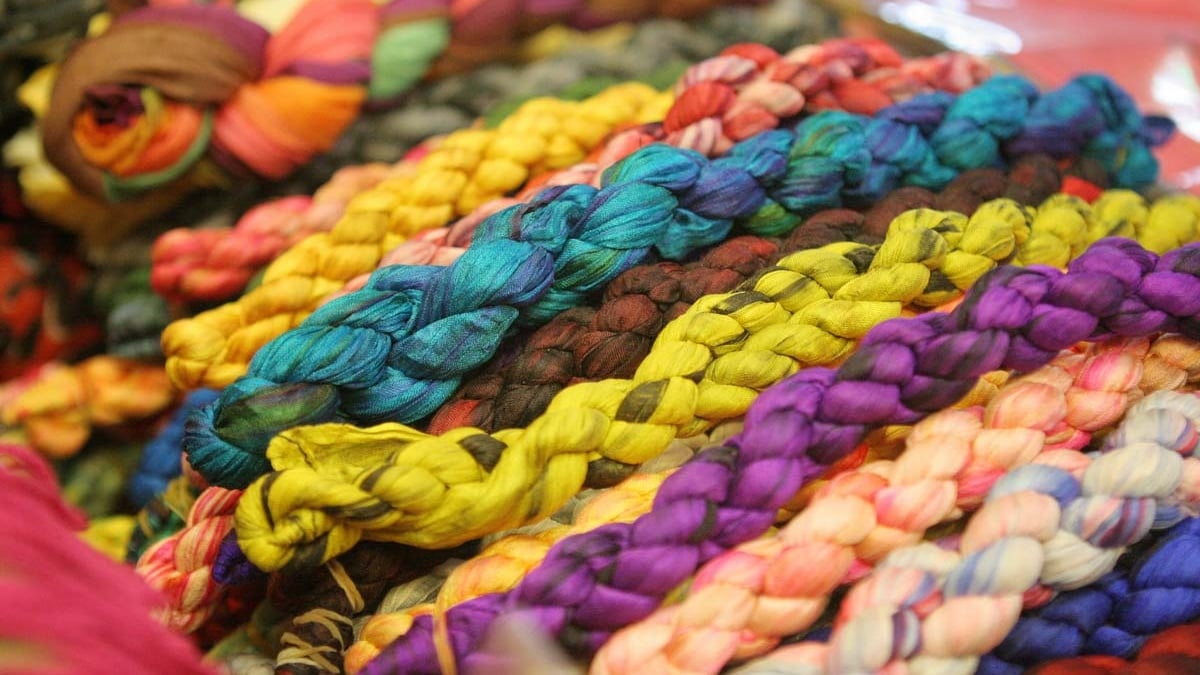

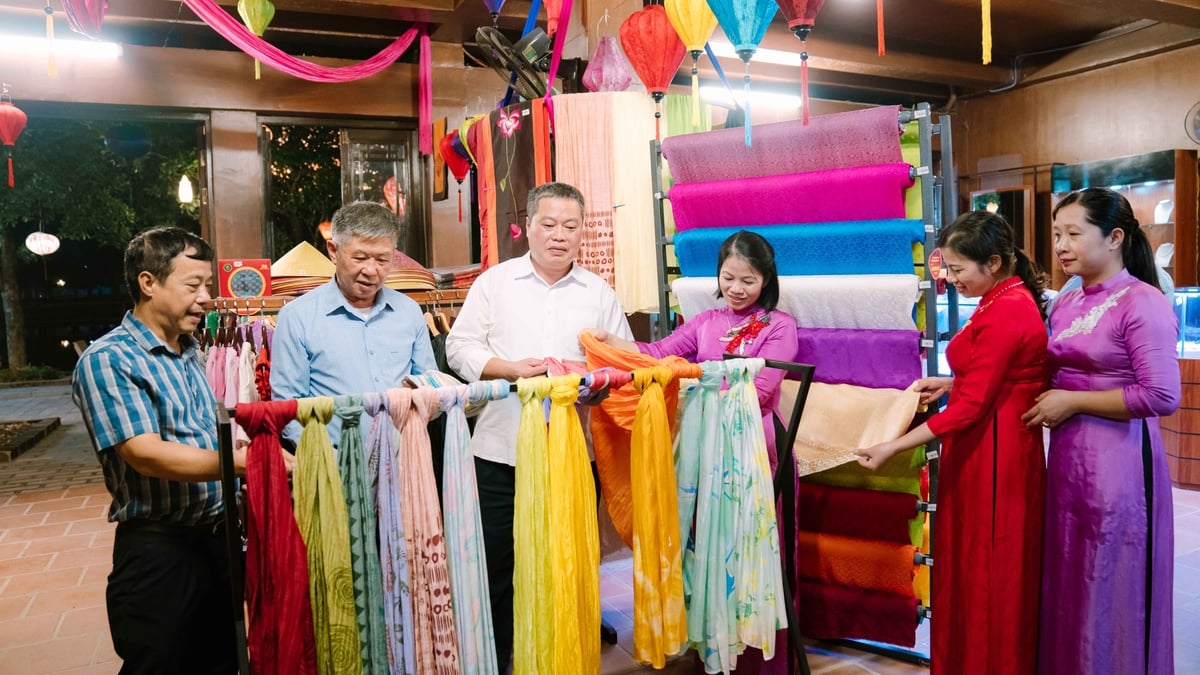
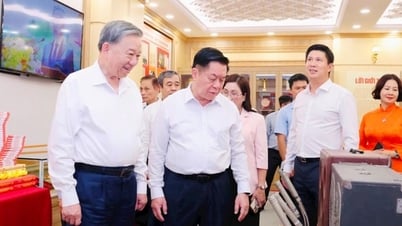

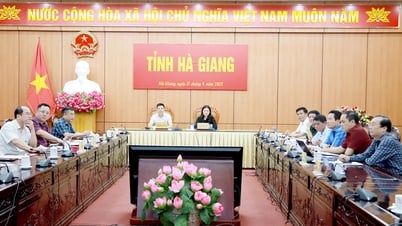

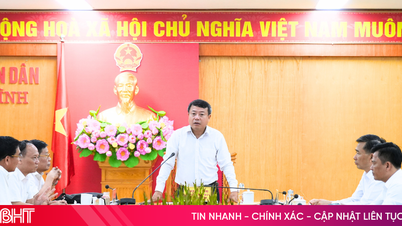

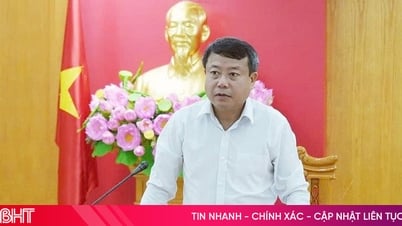


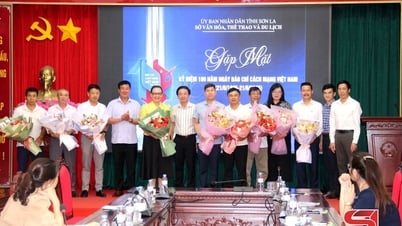





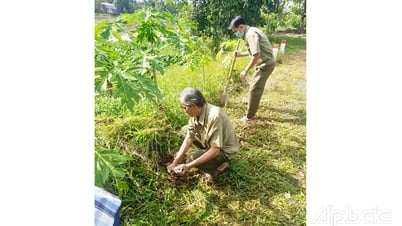

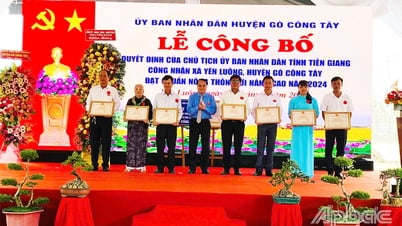
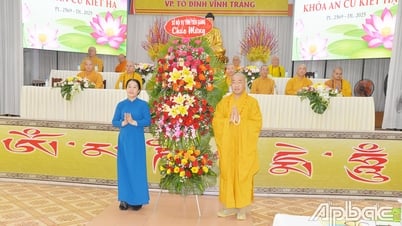
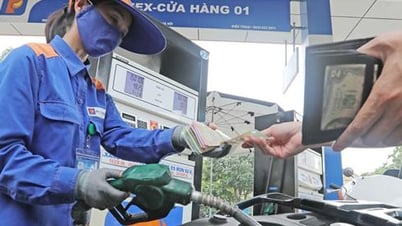
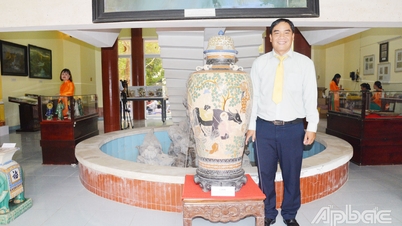

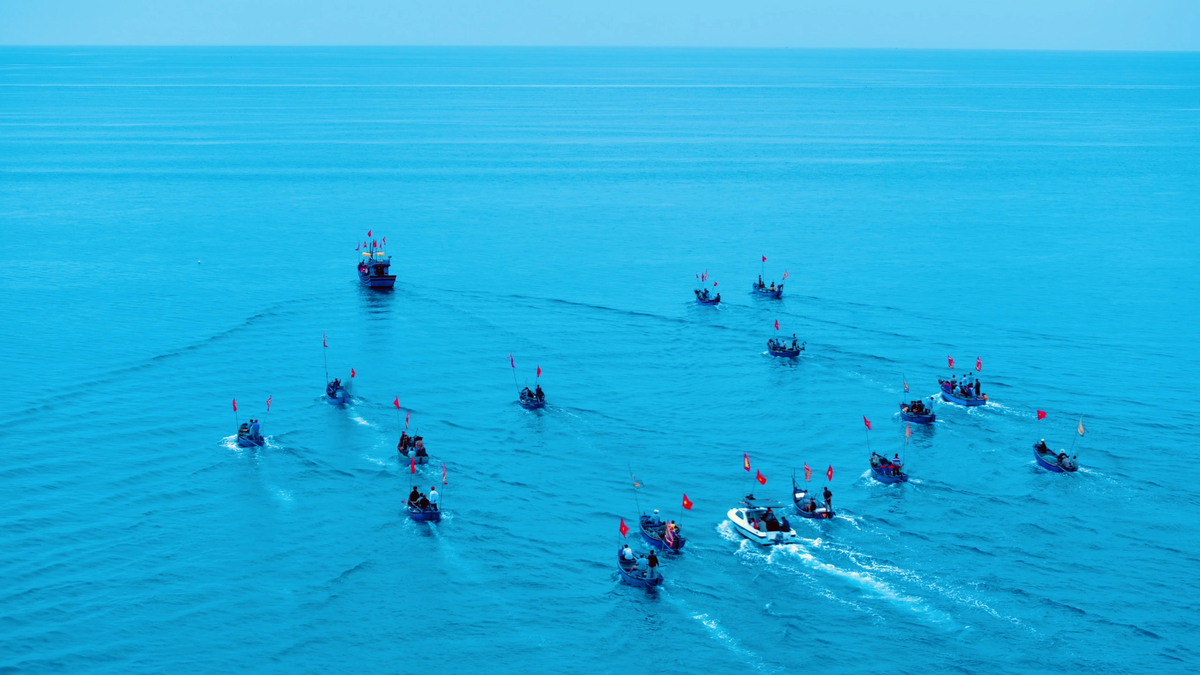


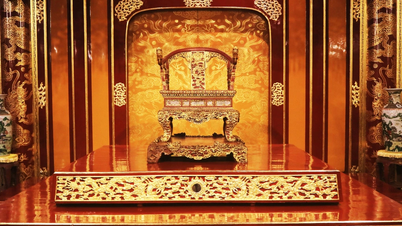

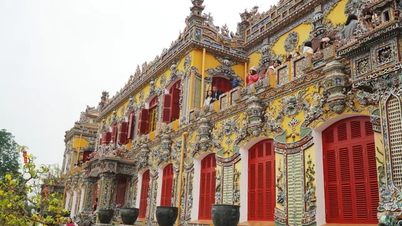



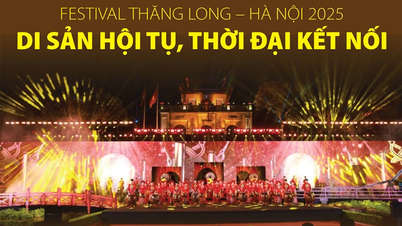

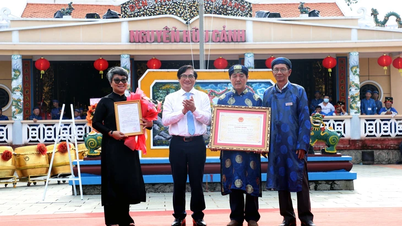

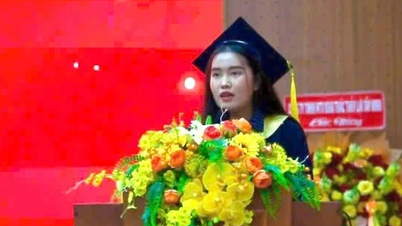

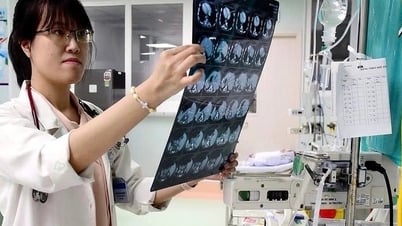
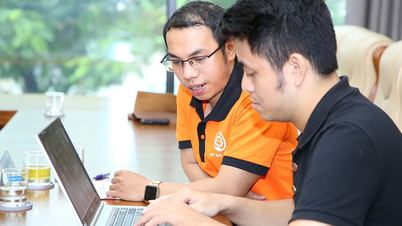
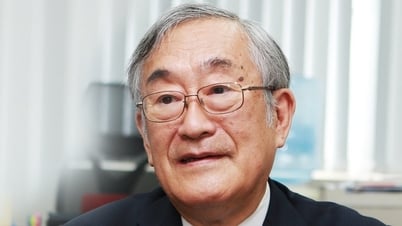





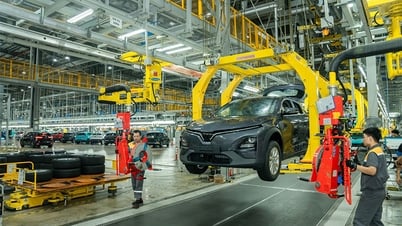



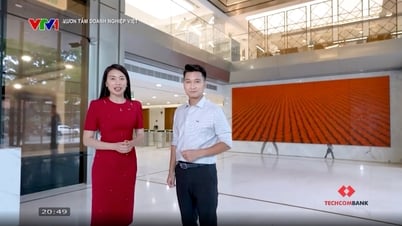
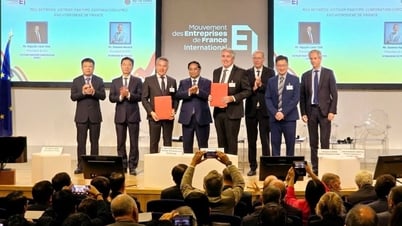

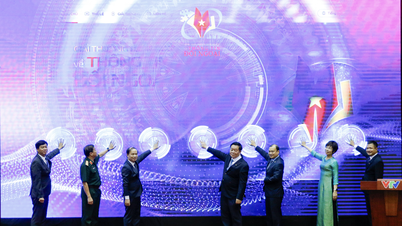
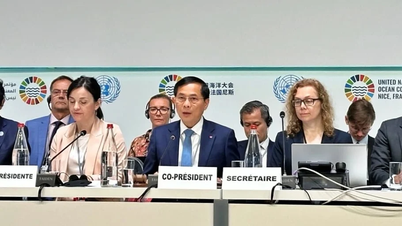

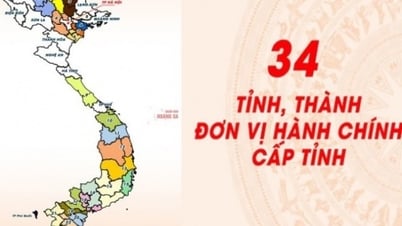

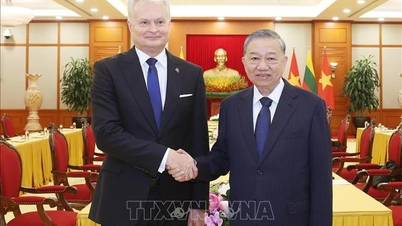





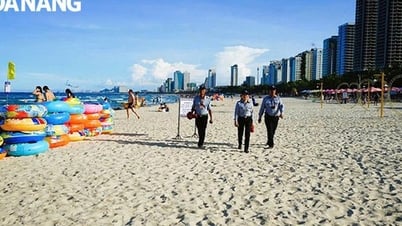
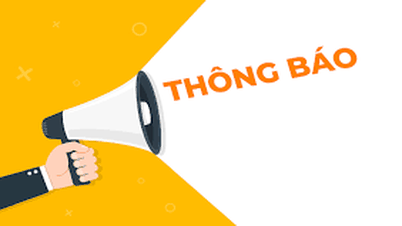

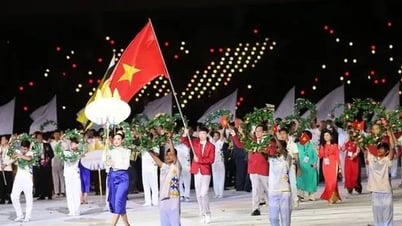



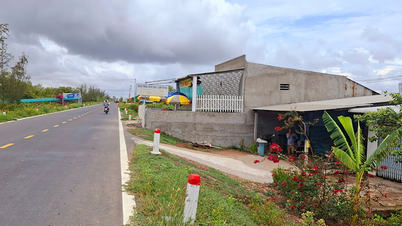



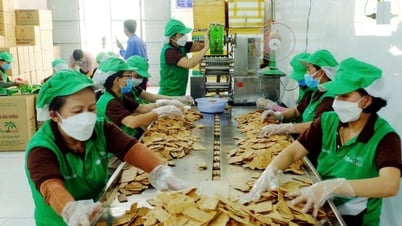



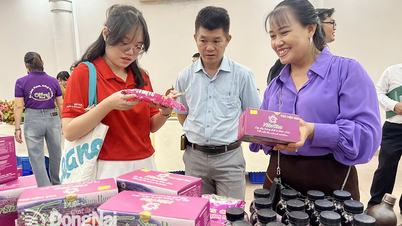



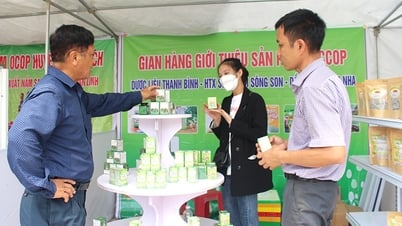




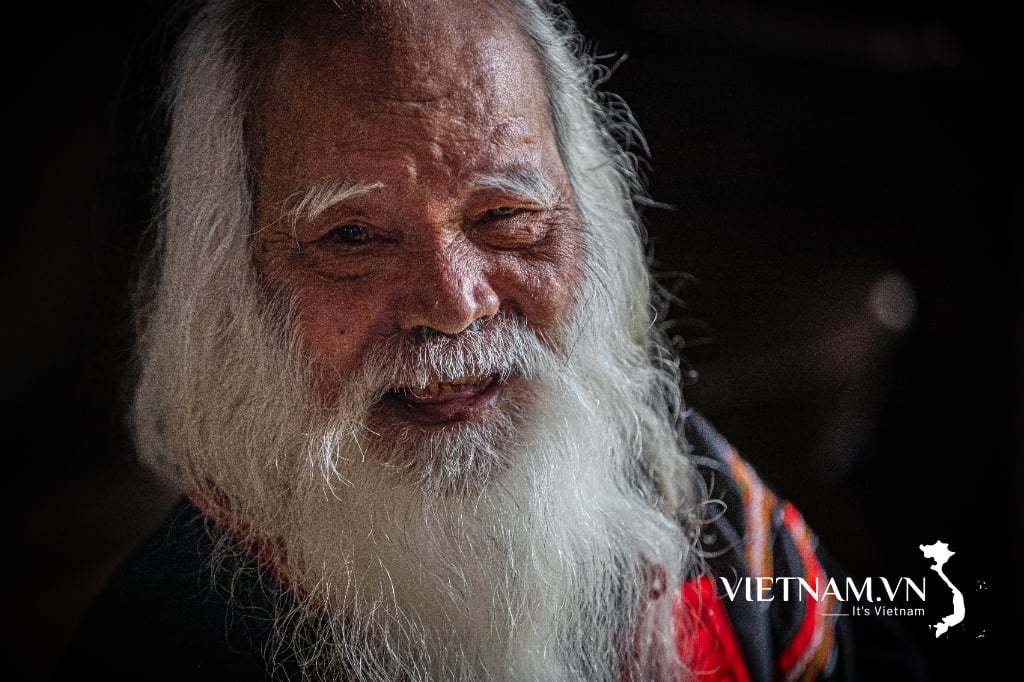
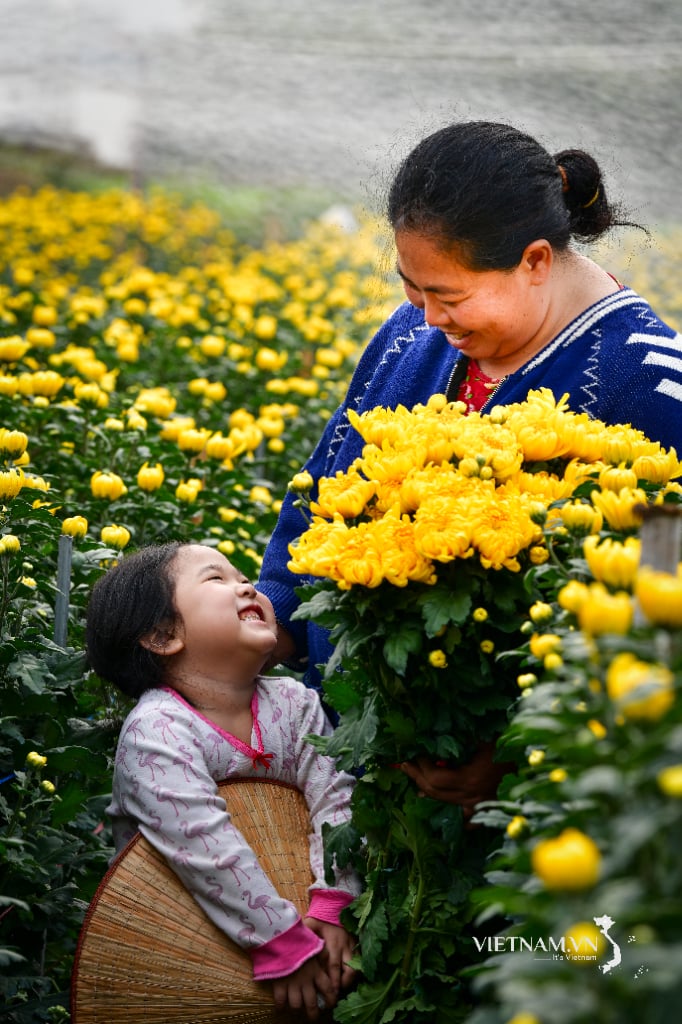
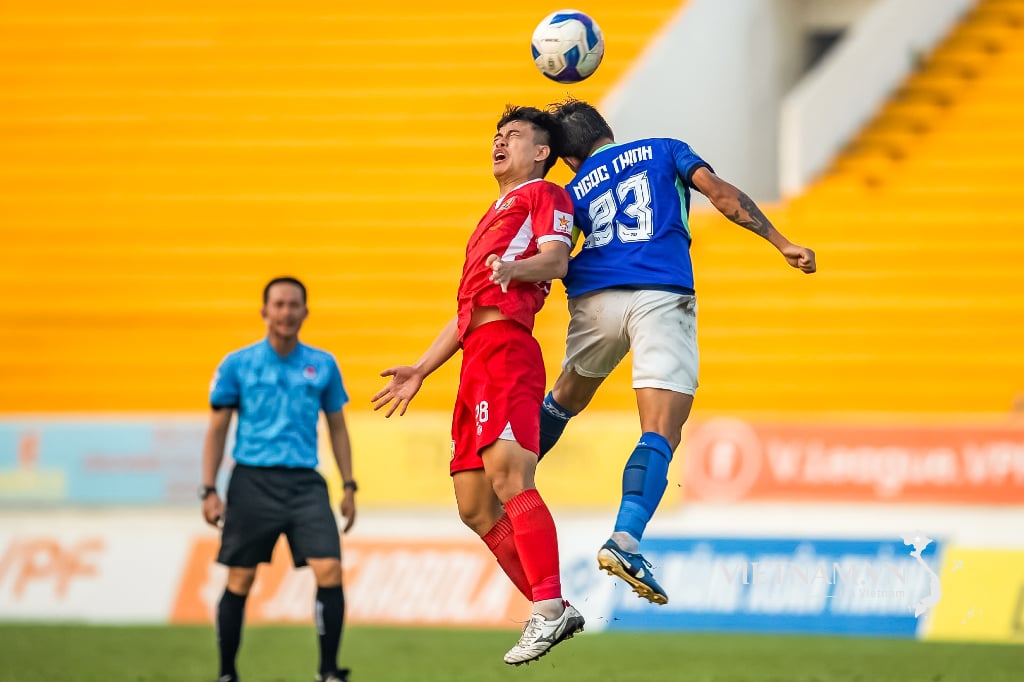
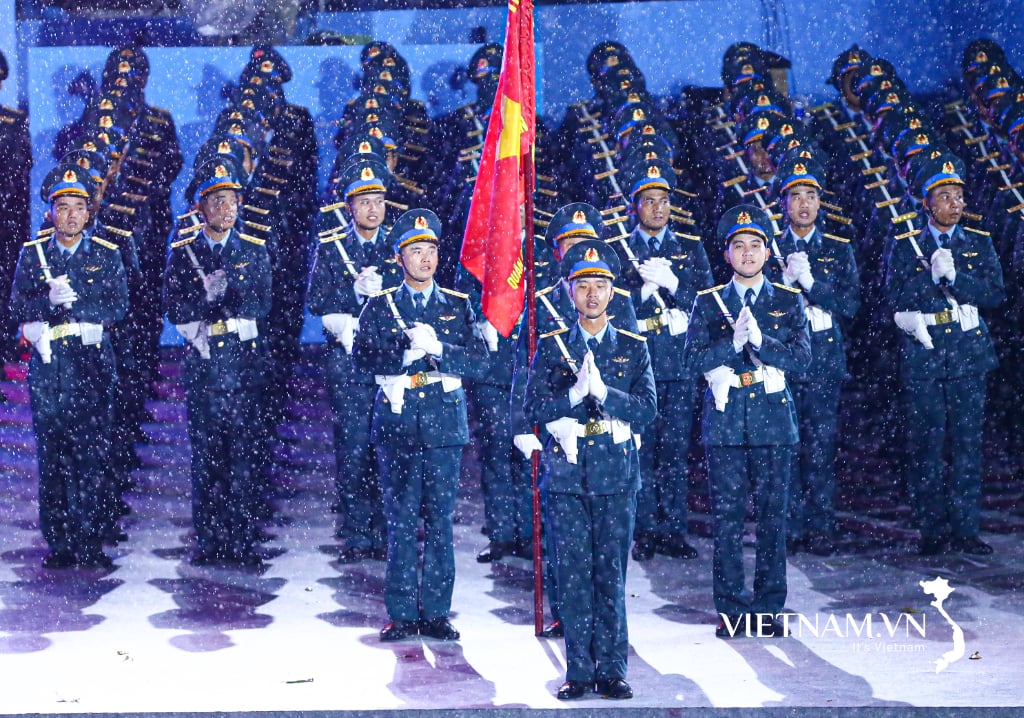
Comment (0)